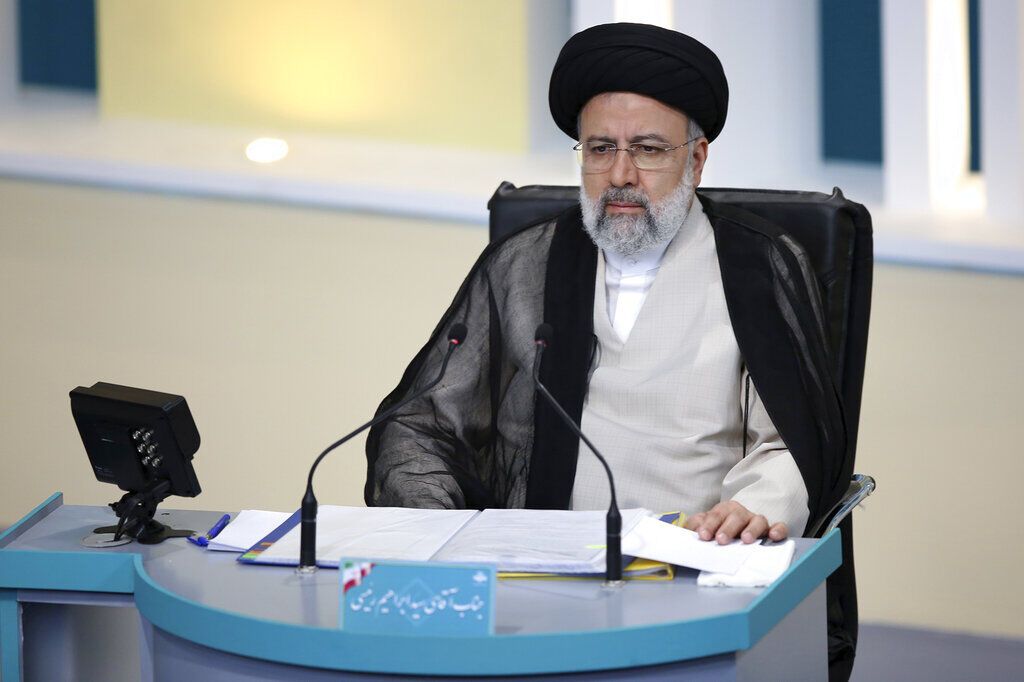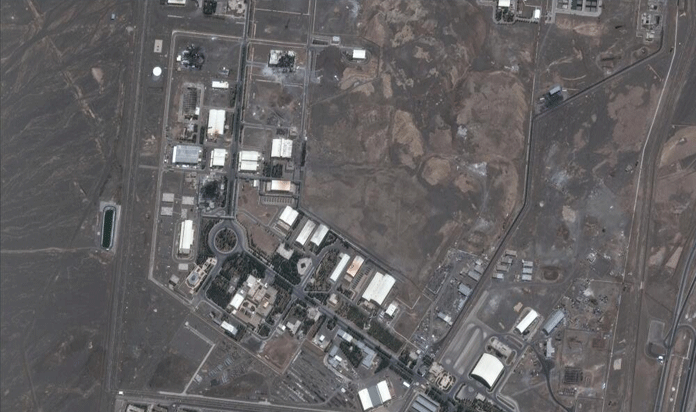Europe Moves to Reinstate UN Sanctions on Iran Over Nuclear Program
France, Germany, and the United Kingdom have announced steps to restore United Nations sanctions on Iran over its nuclear program. The decision, made Thursday, further increases pressure on Tehran after recent tensions in the region.
This move, known as a “snapback,” was part of the 2015 nuclear deal with world powers. It is designed to be veto-proof at the UN Security Council and could take effect within 30 days.
If reimposed, the sanctions would freeze Iranian assets overseas, halt international arms deals, and restrict development of Iran’s missile program. These measures are expected to place additional strain on Iran’s already fragile economy.
Diplomacy Still on the Table
European foreign ministers stressed that the step does not close the door to dialogue. “We are determined to use this 30-day window to engage with Iran,” French Foreign Minister Jean-Noël Barrot said.
Iran, however, called the move “unjustified” and warned that it could impact cooperation with the International Atomic Energy Agency (IAEA).
In the past, Iranian officials have even suggested that the country could reconsider its membership in the Nuclear Nonproliferation Treaty if pressure continues.
Concerns Over Nuclear Enrichment
Before the latest tensions, Iran had been enriching uranium up to 60% purity — just below the 90% required for weapons-grade material. Western countries remain concerned that Iran’s nuclear program could advance toward military purposes, though Tehran insists its program is peaceful.
IAEA officials have returned to Iran in recent weeks, but the agency’s chief, Rafael Grossi, noted that access to key sites is still “a work in progress.”
Economic Strain in Iran
Iran’s economy has faced years of difficulty, with its currency, the rial, reaching record lows. On Thursday, it traded at over 1 million rials to the US dollar, compared to 32,000 per dollar at the time of the 2015 nuclear agreement.
Many Iranians expressed concern about the financial instability. “There is a deep sense of uncertainty,” one resident in Tehran told reporters.
Role of Russia and China
The sanctions “snapback” mechanism is due to expire in October. After that date, any attempt to extend measures would likely face opposition from Russia and China, both of which have maintained trade ties with Iran. Moscow and Beijing have already introduced a proposal at the UN to extend sanctions relief for six months, seeking to buy more time for diplomacy.
Outlook
The coming weeks will be crucial as the UN prepares to review the sanctions process. With tensions still high in the region, international focus will likely turn to whether negotiations can resume before the measures take full effect.

